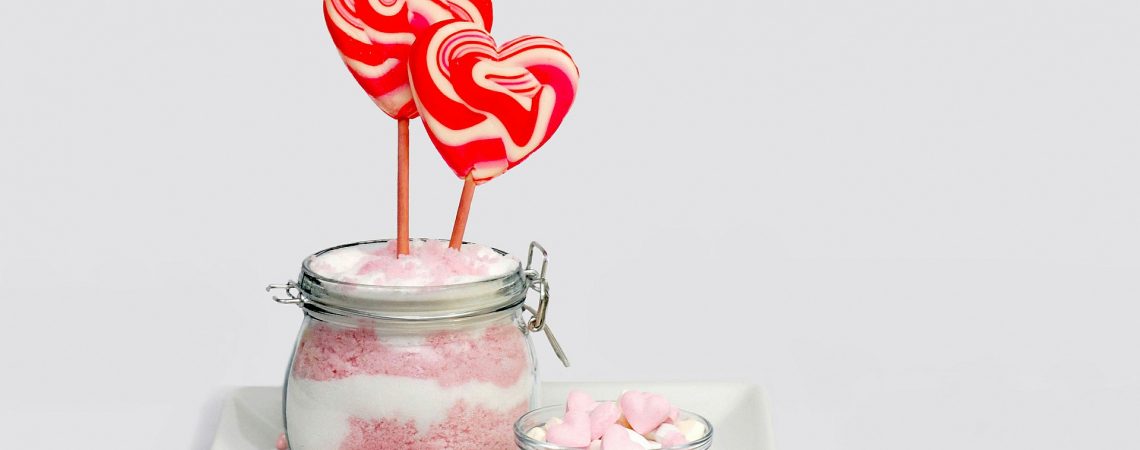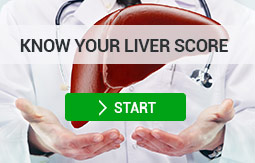Sugar’s unhealthy effect on liver health
Sugar occurs naturally in fruits and vegetables, but the vast majority of sugars that Americans consume are refined sugars which are artificial sugars added to food to make it taste sweeter than it does naturally.
Whats in this article
- What’s wrong with refined sugars?
- Eat less sugar to lose weight
- How much sugar is too much?
- Which types of sugars are healthy and why?
- Low sugar diet
What’s wrong with refined sugars?
Refined sugar, which isn’t part of a whole food source such as fruit, is correlated with obesity, heart disease, diabetes, cardiovascular disease, and liver disease. For a healthy snack to support liver health with no refined sugars, try Amsety Bars. The liver is the only organ that can metabolize sugar, and it can only process a certain amount at a time. Once this limit has been reached, the sugars are converted into fat. Excess fat in the liver leads to non-alcoholic fatty liver disease (NAFLD), insulin resistance, and obesity.
Eat less sugar to lose weight
The artificial sugars hiding in processed foods will also make it harder for you to lose weight. Sugar is high in calories without containing the nutrients that calories in fruits and vegetables contain, and without the fiber that causes you to feel full. This makes it easy to gain weight without any added nutrition.
How much sugar is too much?
The American Heart Association recommends limiting sugar to 100 calories per day for women (24 grams) and 150 calories for men (36 grams). The average American consumes 500 calories of added sugars per day – 5 times more than the healthy limit! That’s about 3 lbs of added sugars every week.
Which types of sugars are healthy and why?
It’s important to note that artificial sugars and natural sugars are not the same thing. Artificial sugars like cane sugar and syrup, also known as simple sugars, have been extracted from their natural source. The water, fiber, and nutrients that accompany their whole food source have been removed. Simple sugars spike blood sugar levels because they aren’t balanced by these other food properties.
Fruit, on the other hand, is a whole food, rich in nutrients, fiber, and beneficial vitamins and minerals. The sugars naturally occurring in fruits and vegetables is not the same as the simple sugar in packaged foods as it is released more slowly, preventing the spike in blood sugar levels.
Low sugar diet
Curb your intake by minimizing how much processed food you eat. Sugars are added into almost all packaged and restaurant foods. If you do buy packaged food, read the nutrition label and remember your daily limit. To satisfy your sweet tooth, eat more fruit!
Learn more about cutting refined sugars out of your diet by watching the short video below
References
hsph.harvard.edu
medicalnewstoday.com
heart.org
greatist.com
furthermore.equinox.com

 (442) 244-5115
(442) 244-5115














